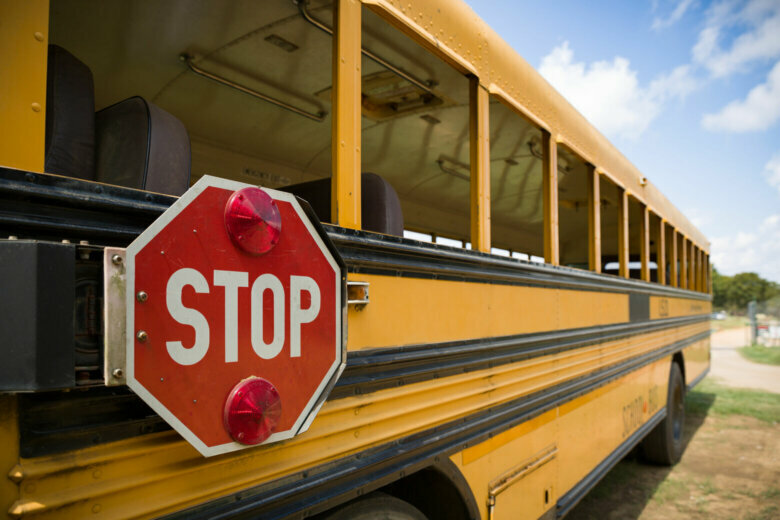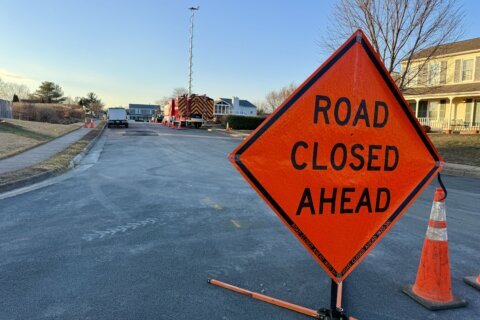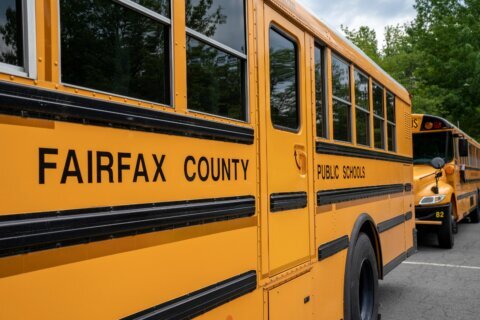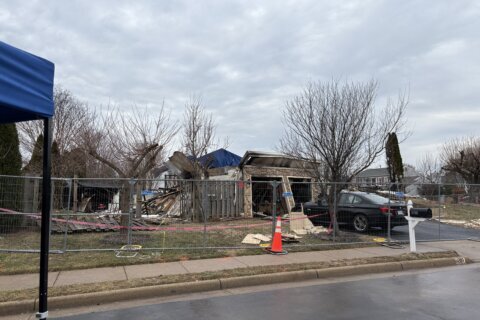
While Fairfax County Public Schools are struggling with problems delivering online learning to its 189,000 students, special education students are faced with their own set of challenges in the abrupt move from classroom to remote learning during the coronavirus emergency.
What special education students risk losing most at home is their individualized education plans. At a board meeting Wednesday, Superintendent Scott Braband and Assistant Superintendent Teresa Johnson discussed plans for remote instructional support in Virginia’s largest school district.
“We’re not trying to do a bait-and-switch,” said Braband, acknowledging that though the district will see through its obligation under federal disabilities law to provide children with an education, online learning is ultimately no substitute for in-person education.
“If this crisis continues across our country, we’re going to have to think outside of the box of federal rules and regulations, and come up with something that even more fully realizes the support we need to give to kids,” Braband said.
In the meantime, FCPS is pressing forward with what Johnson referred to as a “flexible” temporary learning model that adheres to the district’s standard special education goals, despite some concessions on the types and frequencies of services provided to students.
The plan — which avoids all contact between student and instructor, in keeping with social distancing — calls for most service providers, including language pathologists and occupational therapists, to teach in small groups and one-on-one sessions in virtual settings.
A presentation outlining the district’s current strategy said staff will be required to communicate with and assist parents or guardians of special needs students on implementing accommodations like closed captioning or interpretation, and collaborate with school-based technology teams and administrators on developing lesson plans or tackling problems that could arise.
Johnson stressed that the plan would not play out identically to what families and students are used to in the classroom.
“It is feasibly delivered; it is selected goals and services … it is not one-size-fits-all, it is not the same services or frequency delivered when schools are open.”
- Sign up for news alerts from WTOP
- Coronavirus FAQs
- Md. House Republicans press Hogan administration for data on prisons, nursing homes
- Latest coronavirus test results in DC, Maryland and Virginia
- Coronavirus resources: Get and give help in DC, Maryland and Virginia
WTOP’s Neal Augenstein contributed to this report.










